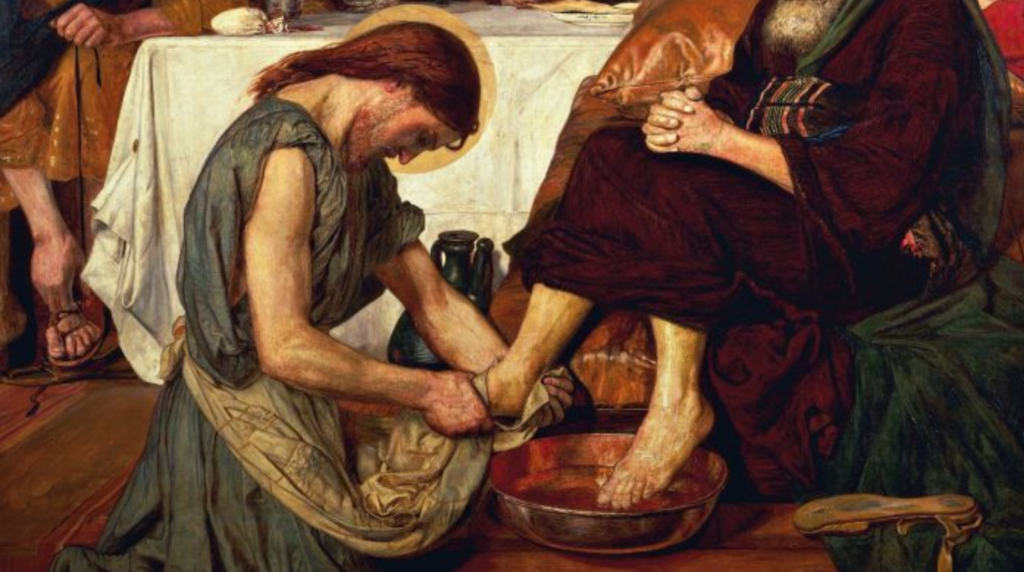There are also two types of temptations: those that come to us through the wickedness of the evil one and those which we go in search of ourselves in our own weakness and malice, but there is no better safeguard against either than humility. Humility causes the evil one to flee because he cannot face the humble on account of his great pride, and it causes every temptation to vanish suddenly because there can be no temptation without a touch of pride.
Temptations arise against purity or against faith or any other virtue, but we can easily overcome them if we humble ourselves in our hearts and say: “Lord, I deserve these terrible temptations as a punishment for my pride, and if Thou comest not to my help, I shall surely fall. I feel my weakness, and that I can do no good of myself. Help me!”
……
As for those Other temptations there must certainly be presumption on our part when we seek them of our own accord and place ourselves in dangerous occasions of sin. He who is humble knows his own weakness; and, knowing it, fears to place himself in danger; and because he fears it, he flees from it. He who is humble trusts implicitly in the help of divine grace, on those involuntary occasions he may encounter, but he never presumes upon the help of divine grace on those occasions which he has sought himself.
Let us be humble and humility will teach us to fear and avoid all dangerous occasions. In the lives of the saints we read how careful they were to avoid familiar intercourse with women; and also, in the lives of saintly women how equally cautious they were to avoid familiarity with men. Why did they fear so much, since they already had so many penances and prayers with which to defend themselves against temptation? The reason is that they were humble and distrusted the weakness of human nature without presuming on grace; and thus, their humility was the mans by which they kept their purity unsullied. –”Humility of Heart” by Capuchin Gaetano (Cajetan) Maria da Bergamo




Recent Comments